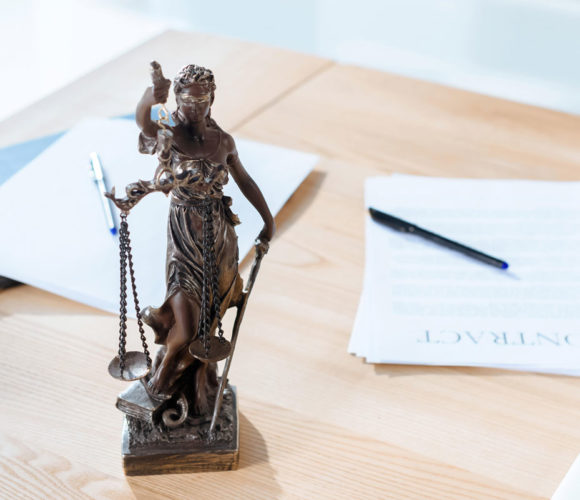



What is a Probate?
A Grant of Probate confirms the Executor’s authority to manage the deceased’s estate. A Grant of Probate is usually required to deal with real estate owned by the deceased and most banks will require the Will to be probated before allowing the Executor to access bank accounts.
Probate Application
Typically, the person named as the deceased’s Executor goes to a lawyer experienced in probate matters who then prepares the Application for Probate. The Application must include notices to all of the beneficiaries, contact information for the beneficiaries and family members of the deceased. The paperwork will also require an accounting of the deceased’s property and debts.
A common list of items our lawyers need when preparing an Application for Probate are:
1) The original Will.
2) The Death Certificate.
3) The personal information of the deceased.
4) The personal information of the deceased’s family (spouse, former spouses/common law partners, children, dependent grandchildren).
5) The personal information of each beneficiary named in the Will.
6) A detailed list of all assets and liabilities of the estate and their estimated values.
Probate Court
Surrogate Court, also known as Probate Court, handles all matters related to deceased individuals. This includes validating wills, determining who an Executor should be, approving of the accounting of an estate and settling disputes of the estate. Lawyers at Lypkie Henderson understand the intricacies of this specialized Court and have the experience and knowledge to ensure that a probate application is in the best possible condition before arriving in Surrogate Court.
After Probate is granted, a Will must be executed according to its terms by the Executor. Sometimes disputes arise between the beneficiaries and the executors or between beneficiaries. Surrogate Court will hear all matters involving a dispute over a Will. It will also hear disputes related to dying without a will.
Our lawyers have years of experience assisting clients in navigating the technical requirements of Probate Applications. Whether it be a routine application or a complicated estate with impending litigation, our lawyers are ready to help you.
Call Lypkie Henderson Today at 587-401-1783
Or send us a message through our online contact form!